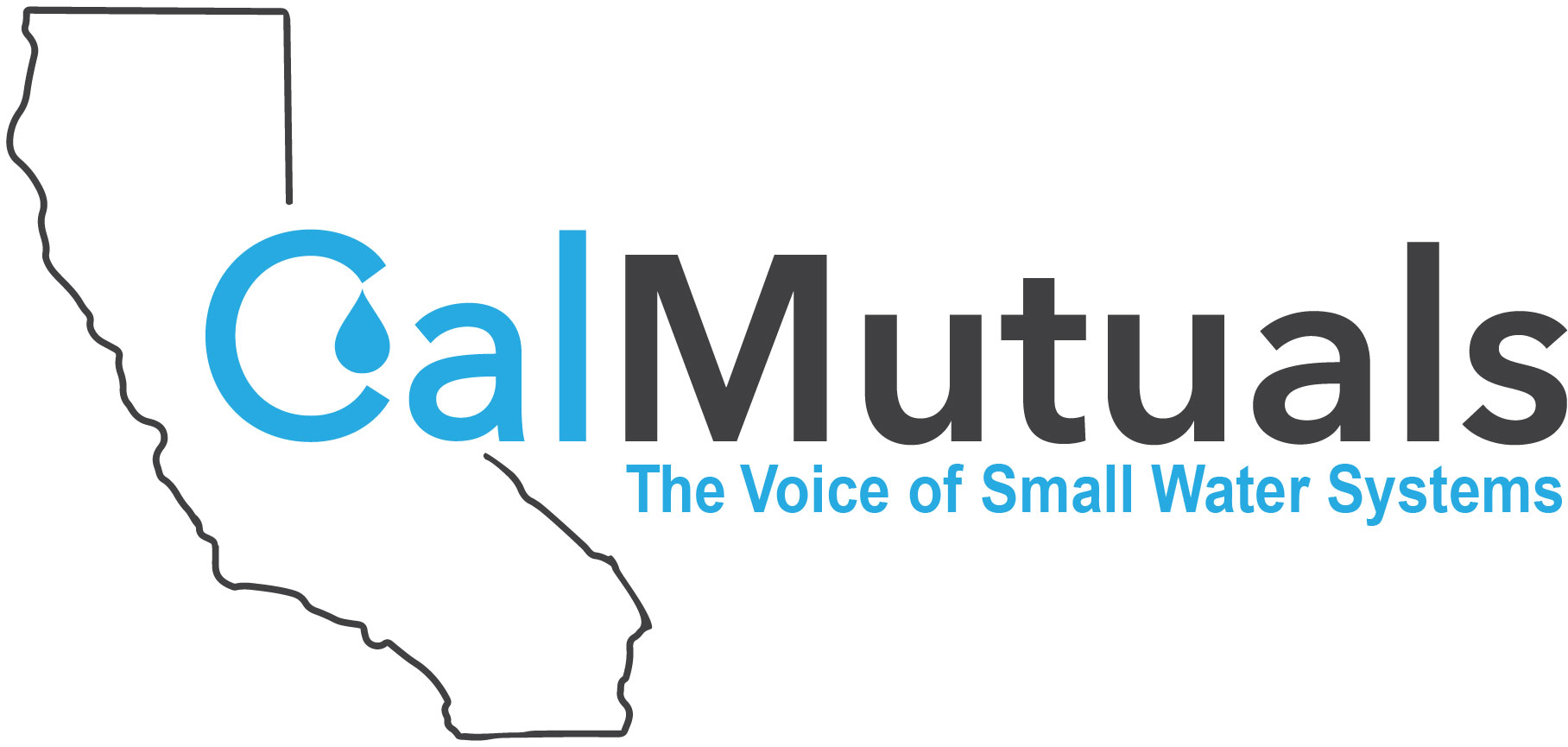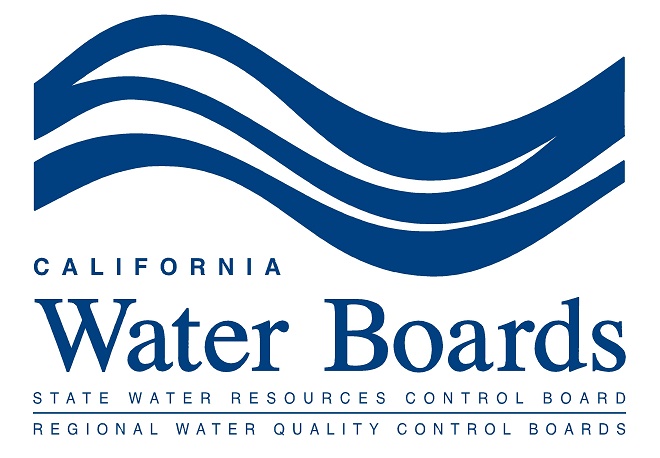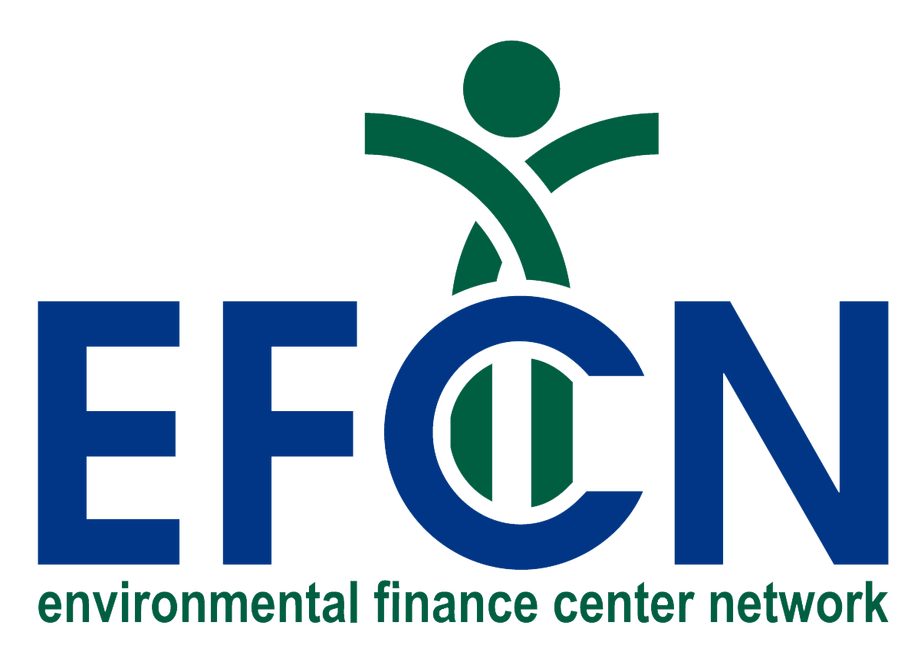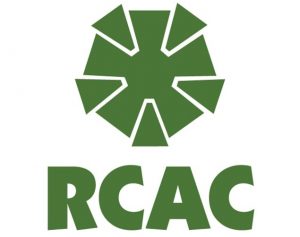SAFER Advisory Group Meeting #3
Webinar OnlyThe Safe and Affordable Funding for Equity and Resilience (SAFER) Advisory Group will hold its third meeting of 2022. A quorum of State Water Resources Control Board members may be present, but no action will be taken. SAFER Program: Advisory Group Meeting September 9, 2022 | 10:00 a.m. - 5:00 p.m. Remote Participation Only PURPOSE This meeting will bring together the SAFER Advisory Group to discuss items on the following agenda. Items on this agenda are numbered for identification purposes only; the SAFER Advisory Group may consider the items out of the listed order. AGENDA 1. Draft Fund Expenditure Plan 2. Strategy for Domestic Wells and State Small Water Systems 3. Point of Use and Point of Entry (POU/POE) White Paper 4. Public Comment 5. SAFER Program Updates 6. Advisory Group Member Announcements



